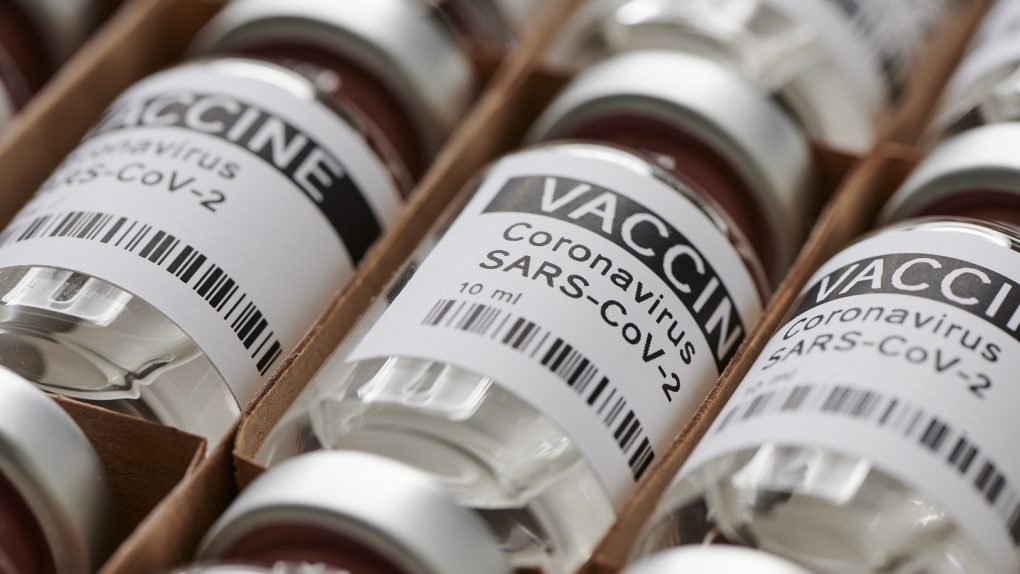- According to Reuters, US scientists are attempting to manufacture a strain of the novel coronavirus that they could use to intentionally infect participants in human challenge trials.
- Human challenge trials “are trials in which participants are intentionally challenged with an infectious disease organism,” according to the World Health Organization.
- Even if challenge trials for vaccines become necessary, it could take over a year to set them up.
As tens of thousands of Americans continue to test positive for the novel coronavirus each and every day, it’s as clear as ever that without a vaccine, this pandemic is going to be affecting the way we live our lives for months to come — if not longer. Therefore, US government scientists have begun manufacturing a strain of the novel coronavirus for use in human challenge trials of vaccines, should they become necessary, Reuters reports.
Human challenge trials, which have been a hot topic of discussion since the viral outbreak in China began sweeping across the globe, are trials in which healthy participants are vaccinated and then injected with the coronavirus to see whether or not they get sick. This obviously speeds up the process quite significantly, but if the vaccine is ineffective, the participants will have to deal with whatever symptoms they develop from being infected.
Reuters explains that the work being done toward making human challenge trials a reality is still preliminary and that they would not take the place of the Phase 3 vaccine trials that are currently ongoing from Moderna, Pfizer, and other companies. Reuters also notes that some drug companies, including AstraZeneca and Johnson & Johnson, would be willing to consider challenge trials to test their COVID-19 vaccines if warranted.
“Should there be a need for human challenge studies to fully assess candidate vaccines or therapeutics for SARS-CoV-2, NIAID has begun investigations of the technical and ethical considerations of conducting human challenge studies,” the National Institute of Allergy and Infectious Diseases said in a statement to Reuters.
Typically, challenge trials take place when circulation of a virus has slowed down, as standard trials depend on their participants to come into contact with the virus inadvertently. With over 53,000 people testing positive for the virus in the US on average over the past week, that isn’t really a big concern in this country, but preparations are underway regardless so that when or if the spread does slow down, another avenue will be available.
In order for these trials to take place, scientists have to “manufacture a suitable SARS-CoV-2 strain, draft a clinical protocol and identify resources that would be required to conduct such studies.” Dr. Anna Durbin, vaccine researcher at the Johns Hopkins Bloomberg School of Public Health, has run several challenge trials in the past and says that it could take up to 12 months to accomplish all of this, and then 6 more months to coordinate across testing sites. In other words, challenge trials aren’t going to be the swift solution that some hoped they might.








